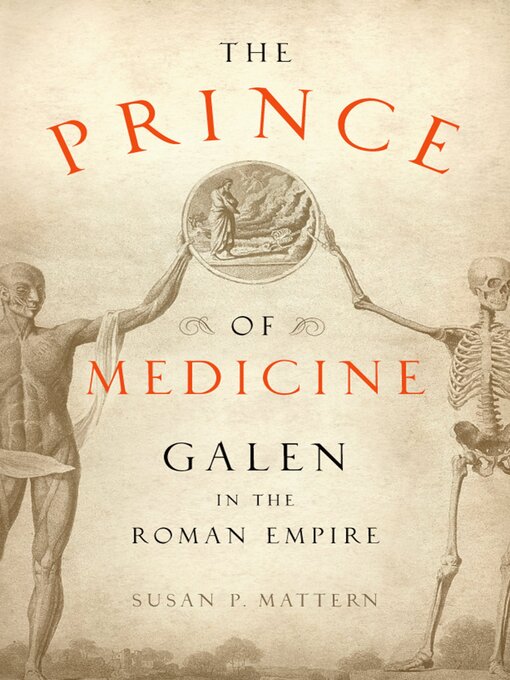- Available Now
- New eBook additions
- New Juvenile eBooks
- New Young Adult eBooks
- New in Fiction
- Popular Romance
- See all ebooks collections
- Available Now
- New Audiobook Additions
- New Juvenile Audiobooks
- New Young Adult Audiobooks
- Popular Nonfiction Audiobooks
- Try Something New
- See all audiobooks collections


